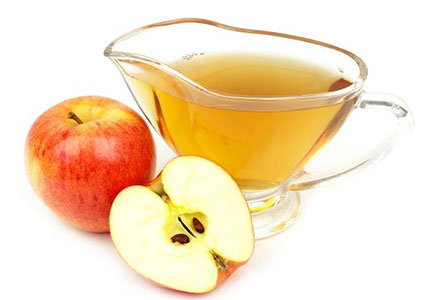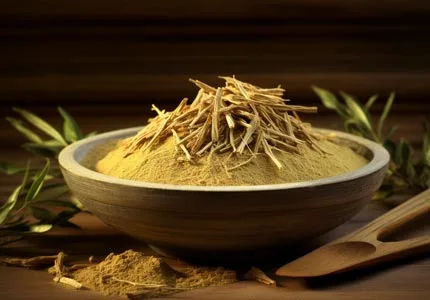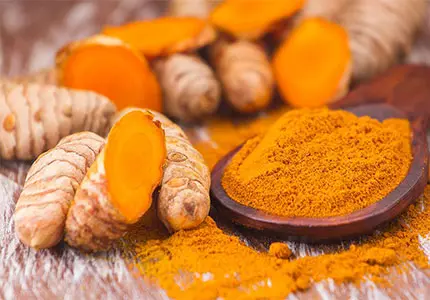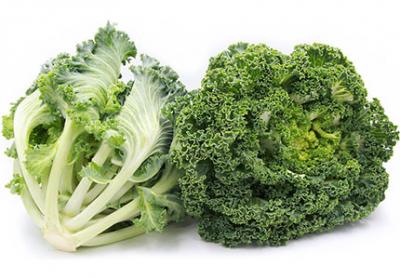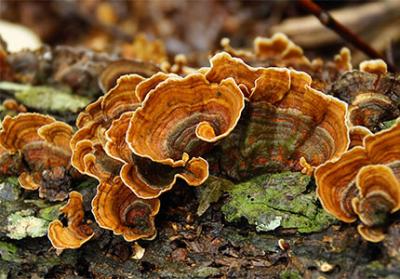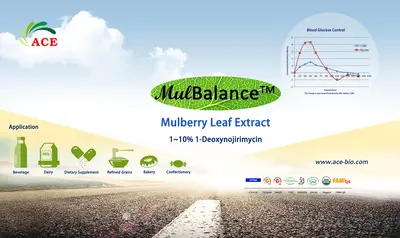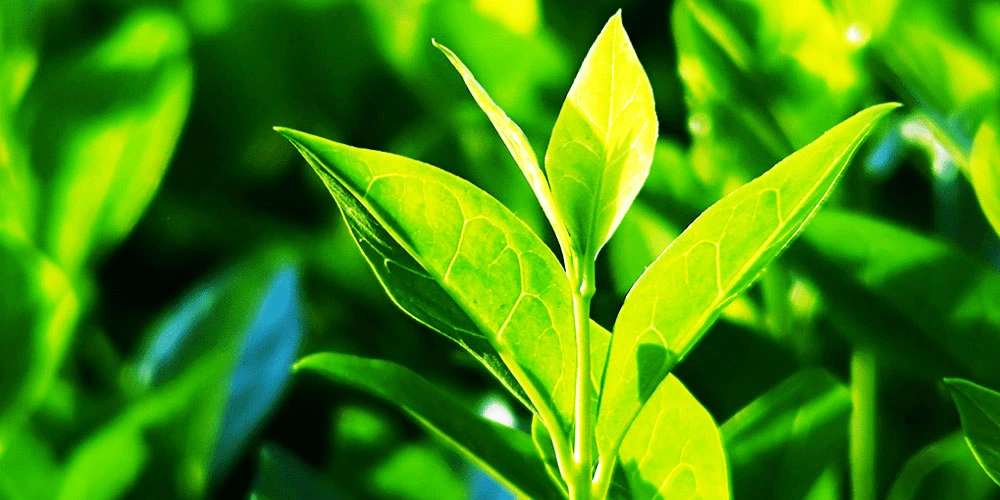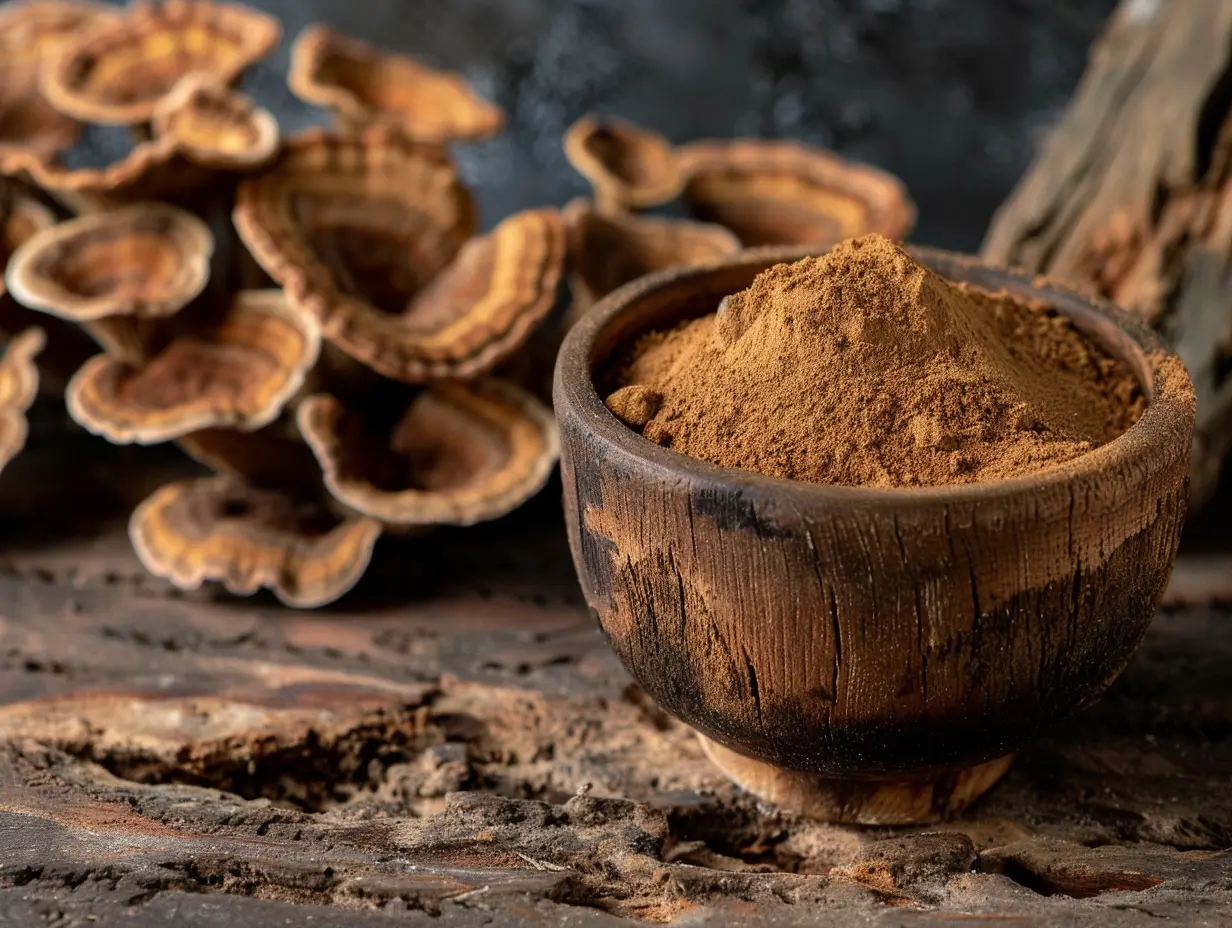
-
Products
- Berberine Extract Powder
- Tribulus Terrestris Extract
- Peony Root Extract
- Dong Quai Extract
- Passion Flower Extract
- Senna Leaf Extract
- White Kidney Bean Extract
- Ginger Root Extract
- Garlic Extract
- Oregano Extract
- Hawthorn Leaf Extract
- Longjack Extract
- Fenugreek Extract
- Olive Leaf Extract
- Mulberry Leaf Extract
- Mangosteen Extract
- Rosemary Extract
- Schisandra Extract
- Panax Ginseng Extract
- Turmeric Extract
- Pomegranate Extract
- Celery Seed Extract
- Ginkgo Biloba Extract
- Green Tea Extract
- Rhubarb Extract
- Echinacea Extract
- Milk Thistle Extract
- Eucommia Leaf Extract
- Citrus Extract
- Grape Seed Extract
- Rose Hip Extract
- Siberian Ginseng Extract
- Maca Extract
- Cinnamon Bark Extract
- Sophora Japonica Extract
- Fermented Black Garlic Extract
- Chamomile Extract
- Organic Astragalus Root Extract
- Organic Dandelion Extract
- American Ginseng Extract
- Spine Date Seed Extract
- Fu Ling Powder/ Extract
- Oyster Mushroom Cut/Powder/ Extract
- Cordyceps Sinensis Extract
- Chaga Whole/ Cut/ Powder/ Extract
- Trametes Whole/ Cut/ Powder/ Extract
- Reishi Whole/ Cut/ Powder/ Extract
- Hericium Erinaceus Whole/ Cut/ Powder/ Extract
- Agaricus Whole/ Cut/ Powder/ Extract
- Maitake Whole/ Cut/ Powder/ Extract
- Shiitake Whole/ Cut/ Powder/ Extract
- Organic Schisandra Fruit Powder
- Jiao Gu Lan Herb Powder
- Organic Passion Flower Powder
- Safflower Powder
- Organic Rhubarb Root Powder
- Cotton Rose Powder
- Celosia Flowering Top Powder
- Ophiopogon Japonicus Powder
- Organic Eleuthero Root Cut
- Organic Milk Thistle Powder
- Organic Horsetail Powder
- Fennel Seed Extract
- Star Anise Whole/ Cut/ Powder/ Cracked
- Garlic Powder/ Extract
- Cinnamon Powder/ Extract
- Chrysanthemum Whole/ Cut
- Dandelion Whole/ Cut/ Powder/ Extract
- Rosebuds Whole/ Rose Petal Powder
- Jasmine Flower Whole/ Cut
- Lotus Leaf Powder/ Extract
- Ginger Root Powder/ Extract
- Turmeric Root Powder/ Extract
- Maca Powder/ Extract
- Astragalus Powder/ Cut/ Extract
- Epimedium Cut/ Extract
- Echinacea Whole/ Cut/ Powder/ Extract
- Burdock Root Powder/ Cut
- China Butterfly Pea Whole/ Cut/ Powder/ Extract
- Valerian Cut/ Powder/ Extract
- Applications
-
Company
-
Quality
- Resources
- News
- Contact Us
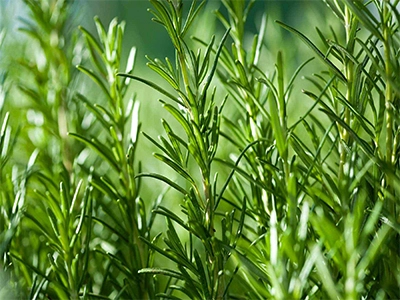
 EN
EN
 cn
cn  ja
ja  ko
ko  fr
fr  de
de  es
es  it
it  ru
ru  pt
pt 

